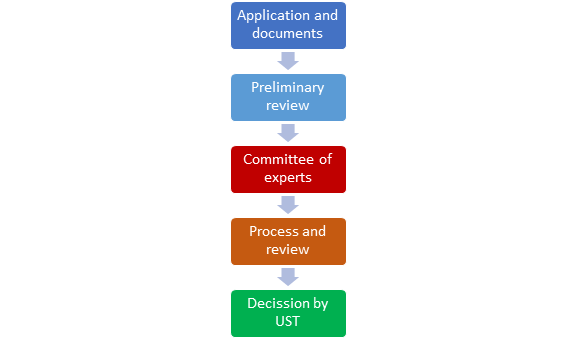Vinna við nýjar heimasíður Umhverfis- og orkustofnunar og Náttúruverndarstofnunar er í gangi. Heimasíða Umhverfisstofnunar er virk á meðan vinnunni stendur. Information in English
Import of Alien Species
It is forbidden to import or disperse a living alien species in Iceland, except with a permission from the Environment Agency of Iceland.
However, this does not apply to livestock or alien plant species that are historically known for being used in:
- Gardening,
- Agricultural grasslands
- Land reclamation
- Forestry
Except the import is forbidden according to regulation.
Application form
To apply for import license for an alien species, applicants must log into the Environmental Agency’s service gateway and fill out a form.
Furthermore, the applicant must hand in a risk assessment (see risk assessment instructions below) that covers the risk for the species to get invasive or have any other negative affect on biodiversity.
If the importation aims to disperse the organism, the application must include a detailed overview that covers both the import and plans of dispersion and possible effects on wildlife.
Application process

Fee
The Environmental Agency charges a fee for processing and dispatching applications for the import of alien species.
The fee is 98.000 ISK (Gjaldskrá 535/2015).
The Environmental Agency can add a surcharge (hourly rate) for applications or license processes that for some reason exceed time limits according to the agency’s tariff (535/2015). When it is clear the application process will include additional effort and work, the agency must contact the applicant and inform him about the magnitude and get his approval for continuing the process.
Supporting documents
According to Article 63(1) of the Icelandic law of Nature Conservation No 60/2013, all applications need to be supported by a risk assessment. Furthermore, applicants are allowed to file other related documents, including a veterinary certificate, certificate of origin, or other information that are likely to elucidate if the importation is likely to harm biodiversity.